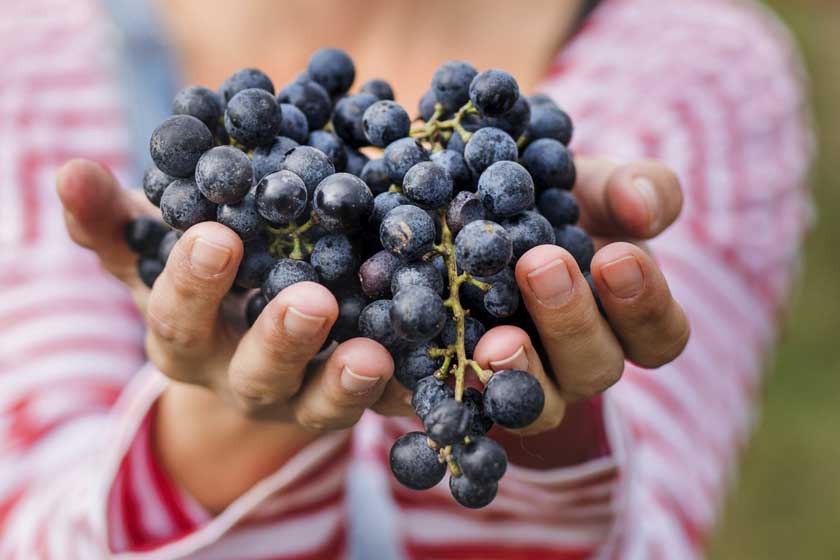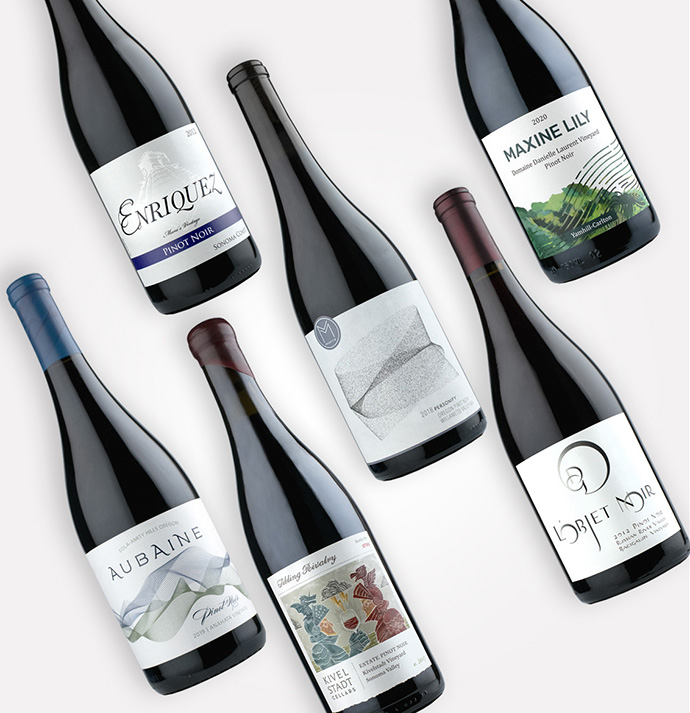American psychologist Albert Ellis said, “The art of love is largely the art of persistence.”
Few words can better describe a winemaker.
There’s lots of wine to try, from producers who make several million cases to small producers who make a few hundred cases. There is a wine for everyone, and learning more about the people and the craft is a great place to start.
Committed from Earth to table
Humans have “grown up” with wine, with evidence of winemaking dating from as early as 8000 B.C. Though it undoubtedly differed from our modern wine, ancient winemakers — surely must have taken care as they crafted wines. Is wine important throughout history? Let’s just say there are probably more drawings of grape harvesting and wine amphora on ancient pottery than people making sandals.
Grapes are persistent, thriving in conditions where other needy plants give up. They happily dig into high, rocky cliffs with stingy barren soils, to the sides of volcanoes to perfect sun-kissed slopes. In all these places, though, equally persistent people work the land and the vines to craft wine.
Early vineyards were surrounded by natural spaces, home to compatible insects, animals, and plants, creating a vibrant, balanced ecosystem. Beneficial and regenerative for the land, this efficiency was also the means for survival in meager times.
Jump ahead to modern vineyards, often bigger, dedicated to grapes alone, machine tended with agri-chemicals and managed to yield. Some enjoyable wines do come from these lands, but the natural expression of the grape and place is more interesting to explore on a smaller scale. Laurent Montalieu, owner and winemaker at the Hyland Vineyard, believes a vineyard must be left wild to truly show its colors — a “land not hand” philosophy. Row by row, Laurent brings to life the individual expression of each vine in his Coury Clone Pinot Noir.
Care for the land has resulted in the resurgence of sustainable, organic, and biodynamic methods that encourage biodiverse habitats with abundant natural flora and fauna. Biodynamic methods are natural and organic and include ethical and humane treatment of the people and animals working together in the field. Little or no mechanical intervention or synthetic chemicals free the grapes to show a sense of place and vintage variation — otherwise, their characters might get masked. There is risk, though; the warts and trials of a growing season may not be what every wine drinker wants to taste, preferring the certainty of a less wild upbringing. Can we trust the vines to grow? Fossil evidence from the Mesozoic says they have a head start on us.
Rising Wines Collective brings you craft wines
At Rising Wines Collective, its small-production wines from the union of interesting terroir and dedicated people that excite and inspire us to bring them to your door. As the winemaker at Falling Rain, I know that hand’s-on, artisan wines crafted at a small scale allow vintners to connect to the land and the health of the vine and respond to the challenges each year brings. The challenges I had brought out the best and nuanced characters in the wine, characters that might be lost if I hadn’t engaged and fully focused in the winery.
We believe and love that the winemakers we work with pour their love, care, and attention into crafting the unforgettable wines we pour into your life.
Craft winemaking is hard work and, yes, fun! The winery is a lively place at harvest, flush with the heady aromas of crushed grapes, good music echoing off the production walls, and the energy of the start of something new. Fermentation was a quieter time for me, the time for punch downs by hand, allowing me to feel the changes in the must as the grapes fermented, notice color changes, and study the developing aromas.
Josh and Cheryl West from Elephant Seven, who first fell in love with music, which grew to food, wine, and then to artisan winemaking at their winery in Walla Walla, Washington, have a simplistic approach to winemaking that channels their passion and focuses on the grape’s character.
Another Washington Winemaker, Kerry Shiels at Côte Bonneville, grew up in the vineyards and focused her considerable skill on bringing the best from her family’s legendary DuBrul Vineyard. Harvesting the vineyards by hand and fermenting grapes in small one-ton lots ensures that Kerry can capture the best of the grapes in her wines.
Hands-on means hands off
Our winemaker partners at Troon Vineyard in the Applegate Valley of Southern Oregon practice biodynamic and regenerative farming to put more back into the soil than they remove. Healthy, vital soils are at the heart of artisan wines that reflect where they are grown.
Careful, thoughtful practice builds a community around the vine, managed without synthetic chemicals, often with horses replacing machines. Troon relies on minimal intervention methods like native yeast fermentation and uses no additives during fermentation to allow the characteristics of the grape and terroir to express themselves fully.
At Two Shepherds in the Sonoma, California area, a minimalist approach extends from the vineyard into the bottle, underscoring their belief that winemaking is more art than science. Wine follows its natural processes through fermentation, and the winemaker’s job is to guide, not control, the process, leading to wines that express a sense of place and tell the story of the vintage.
Winemaker Leo Hansen at Leo Steen Wines emphasizes that his wines are made by hand in small lots using gentle, traditional winemaking techniques and ensuring that every barrel gets the attention it deserves. Leo strives for balance and harmony in his wines and loves introducing people to new varieties and exploring the relationship between food and wine.
If love is about care and persistence, it’s easy to see it in the winemaker and their wines.
Interested in more?
The journey of wine from vine to you




